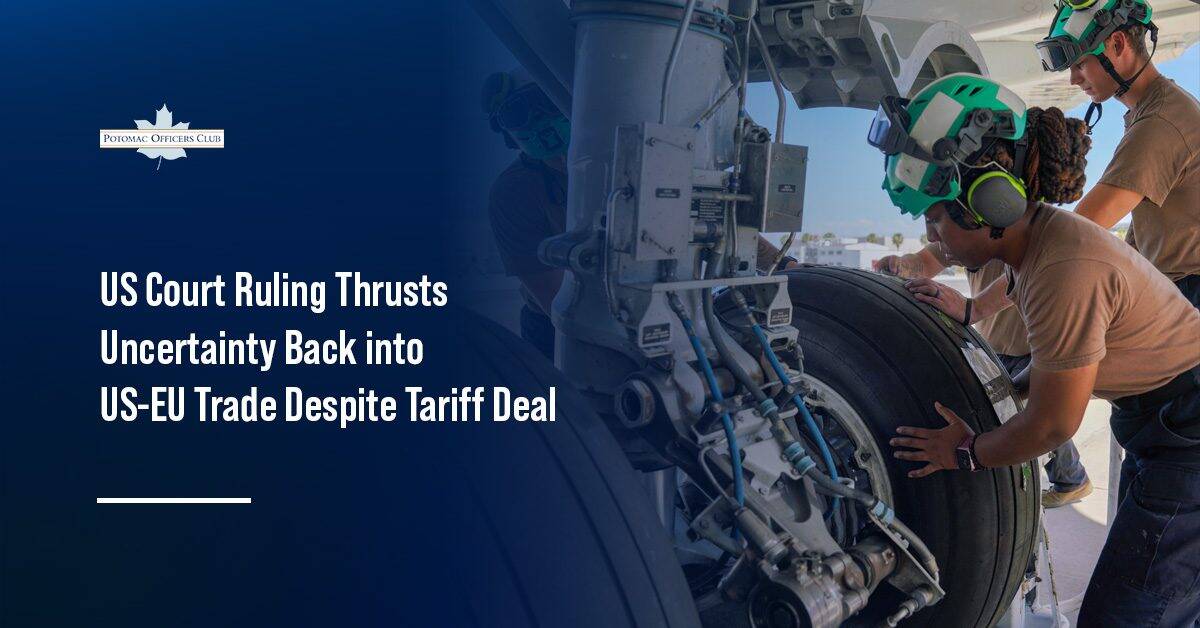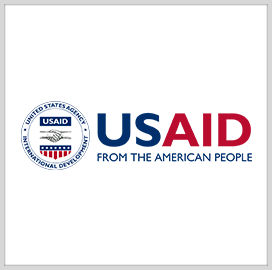
Domestic battery
production
Multiple Companies Secure $2.8B Bipartisan Infrastructure Law Funding to Strengthen Battery Supply Chain
The Department of Energy has selected 20 companies that will receive $2.8 billion in funding under the Bipartisan Infrastructure Law to build and expand manufacturing plants in 12 states and increase the local production of batteries powering electric vehicles and the electrical grid. The facilities will also produce battery materials and components the U.S. currently imports from other countries, such as lithium and graphite. Strengthening the domestic supply of the products is expected to increase electric vehicle sales by 2030 and help achieve a net-zero emissions economy by 2050 as part of the Biden administration’s goals, DOE said.
Selected project proposals were received from 6K, Applied Materials and Ascend Elements, among other entities. 6K’s Plasma Low-cost Ultra Sustainable Cathode Active Material project aims to demonstrate the ability to domestically produce multiple battery chemistries. Applied Materials proposed building an advanced prelithiation and lithium anode manufacturing facility to accelerate the transition to next-generation lithium-ion batteries. Ascend Elements, meanwhile, plans to establish industrial-scale U.S. production capacity of sustainable, low-cost precursor cathode materials by integrating the separation of critical cathode materials from spent lithium-ion batteries.
The Bipartisan Infrastructure Law provides $7 billion to give the domestic battery supply chain a boost. DOE expects to announce more funding opportunities in the near future to advance efforts in clean energy technology.
“Producing advanced batteries and components here at home will accelerate the transition away from fossil fuels to meet the strong demand for electric vehicles, creating more good-paying jobs across the country,” said Secretary of Energy Jennifer Granholm.

Category: Federal Civilian




